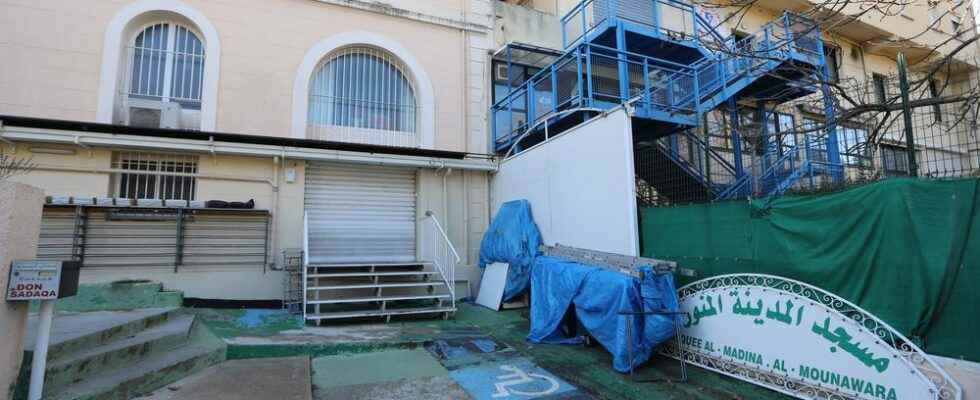Too stressed ? Too anxious to show his determination to fight against radical Islamism? At the beginning of January, Gérald Darmanin declared on a television set: “We are closing one of the mosques in Cannes because we accuse him of anti-Semitic remarks, support for the CCIF (Collective against Islamophobia in France) and BarakaCity”. No conditional, no future. Two months later, however, at the end of the adversarial procedure provided for by law, the prefecture backtracked and gave up closing the mosque in question, its leaders having given guarantees.
Another place, another case. On March 14, the prefecture of Gironde issues an order closing the mosque of Pessac, near Bordeaux, for six months. His argument is clear: the mosque “disseminates hateful publications against Israel. It encourages identity withdrawal and […] supports terrorist organizations or entities or people promoting radical Islam.” A week later, the administrative court of Bordeaux disavows it: “Despite their questionable nature, the publications which motivated this closure did not present an extremist character to the point of provoking, through hatred and violence, the commission of acts of terrorism”. The prefecture appealed, but the mosque remains open for the time being.
Last example finally, on January 23, Gérald Darmanin announces the closure “in a few hours, in a few days” of the website La Voie droite, which, according to him, broadcasts “Salafist content” calling “to hatred and jihad”. At the end of March, the site is still accessible. The procedure is still ongoing, according to the Ministry of the Interior.
The so-called “separatism” law does not solve everything
Of course, not all actions against separatism end this way. In October, then in December, the mosques of Beauvais (Oise) and Allonnes (Sarthe) were closed for six months, decisions validated by administrative courts. And Place Beauvau readily recalls that, since October 2020, 22 mosques have been closed for various reasons out of the few hundred particularly monitored. But these recent failures show that by wanting too much to fight what Gilles Kepel has designated as “atmospheric jihadism” the executive sometimes confuses law and political voluntarism.
Threatened with temporary closure, the “Al Madina al Mounawara” mosque in Cannes remained open after the adversarial procedure provided for by law.
Valery HACHE / AFP
The law “consolidating respect for republican principles” of August 25, 2021 has only very partially resolved the issue. Article 87 of course provides for the possibility of closing for two months a place of worship where remarks or activities “provoke hatred or violence against a person or a group of persons or tend to justify or encourage such hatred or this violence”. Interesting because it completes the Internal Security Code authorizing the closure of a place of worship for six months, but “for the sole purpose of preventing the commission of acts of terrorism”.
However, the new provisions remain difficult to interpret. As a result, the prefectures fear being taxed as thought police by intervening in the remarks made during a service. And still favor the option of the Internal Security Code which offers the advantage of a longer closure, with more time to reorganize the direction of the mosque. But the case of Pessac shows that this choice is not always the best, the judges requiring in particular a decision “proportionate to the risks”. Finally, “in both cases, situations are excluded, such as that of the imam of Brest. We cannot, for example, apprehend the indoctrination of children and obscurantism”, regrets Jean-Eric Schoettl, former secretary General of the Constitutional Council.
Failing to find legally solid solutions in the August 2021 law, the prefectures are going back to the good old methods, with administrative or security checks, in particular against Koranic schools or associations. But the solution is not flawless either, as evidenced by the recent reopening of several of these structures in the inner suburbs of Paris around which the prefecture had nevertheless left suspicions of communitarianism.
